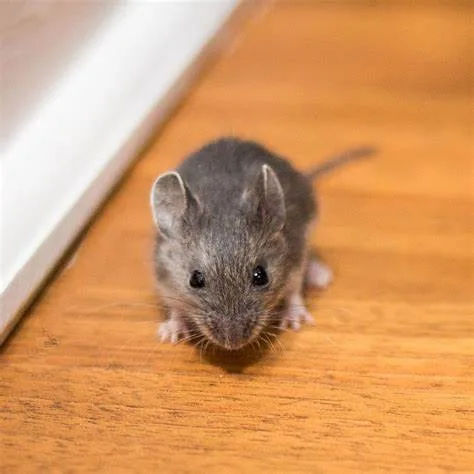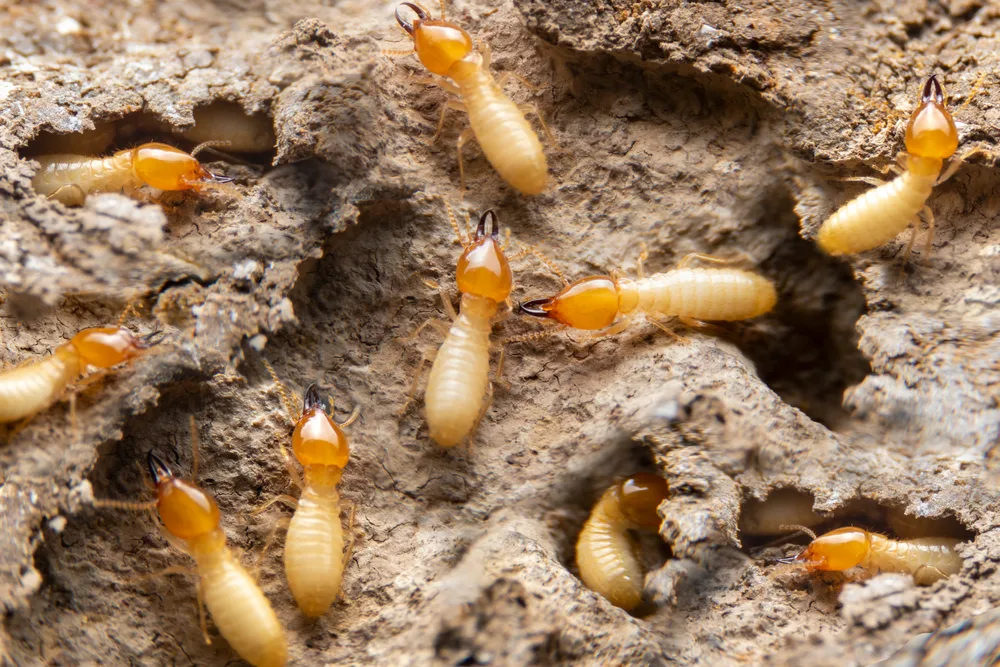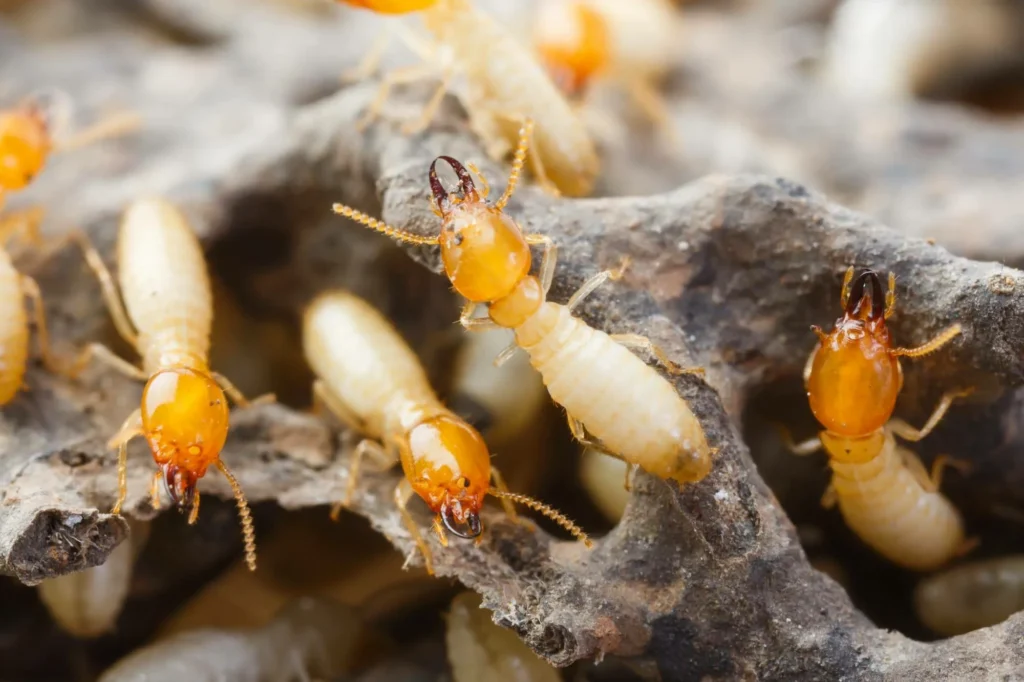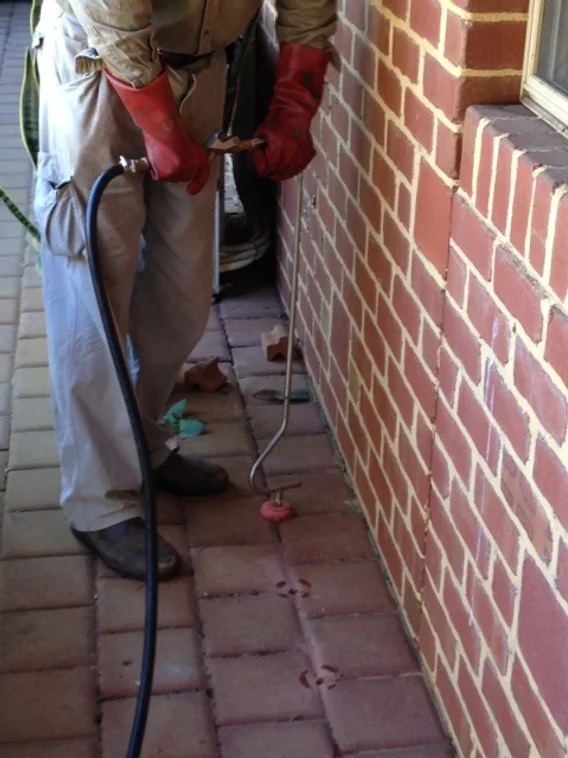Mice are one of the most common household pests, capable of causing significant damage to property and posing serious health risks. These small, agile rodents can squeeze through tiny openings, reproduce rapidly, and contaminate food and surfaces with their droppings and urine. Effective mice control is essential to protect your home, health, and peace of mind. In this article, we’ll explore practical strategies for preventing and managing mouse infestations.
Why Mice Control is Important
Mice may seem harmless at first glance, but they can create big problems if left unchecked. Here are some reasons why controlling mice is crucial:
- Health Risks: Mice carry diseases such as hantavirus, salmonella, and leptospirosis, which can be transmitted to humans through contact with their droppings, urine, or saliva. They can also introduce parasites like fleas and ticks into your home.
- Property Damage: Mice have strong teeth that never stop growing, leading them to gnaw on wood, insulation, wiring, and even plastic pipes. This behavior can cause structural damage and increase the risk of electrical fires.
- Food Contamination: Mice are notorious for raiding pantries and contaminating food supplies with their droppings and urine, rendering them unsafe to eat.
- Rapid Reproduction: A single pair of mice can produce dozens of offspring in a matter of months, making it easy for a small problem to escalate into a full-blown infestation.
Signs of a Mouse Infestation
Before implementing control measures, it’s important to confirm the presence of mice. Look out for these common signs:
- Droppings: Small, dark, pellet-shaped droppings near food sources, in cabinets, or along baseboards.
- Gnaw Marks: Chewed holes in food packaging, furniture, or walls.
- Nests: Shredded paper, fabric, or insulation used to build nests in hidden areas like attics, basements, or behind appliances.
- Scratching Noises: Sounds of scurrying or scratching in walls or ceilings, especially at night.
- Unusual Pet Behavior: Dogs or cats may become unusually alert or fixated on certain areas where mice are active.
Effective Mice Control Strategies
- Seal Entry Points
Mice can enter through gaps as small as a dime. Inspect your home for cracks, holes, and gaps around doors, windows, pipes, and vents. Seal these entry points with steel wool, caulk, or metal mesh to prevent mice from getting inside. - Maintain Cleanliness
Mice are attracted to food and shelter. Keep your home clean by storing food in airtight containers, promptly cleaning up crumbs and spills, and taking out the trash regularly. Declutter storage areas to eliminate potential nesting sites. - Set Traps
Traps are a tried-and-true method for catching mice. Snap traps, glue traps, and live-catch traps are all effective options. Place traps along walls, near entry points, or in areas where mouse activity has been observed. Use bait like peanut butter, chocolate, or dried fruit to lure them in. - Use Rodenticides with Caution
Poison baits can be effective but should be used with caution, especially in homes with children or pets. Rodenticides can pose secondary poisoning risks if other animals consume poisoned mice. Always follow the manufacturer’s instructions and consider consulting a professional. - Adopt Natural Deterrents
Some natural remedies can help deter mice. Peppermint oil, for example, is known to repel mice due to its strong scent. Soak cotton balls in peppermint oil and place them in areas where mice are active. Ultrasonic repellent devices are another option, though their effectiveness varies. - Call a Professional
If your mouse problem persists or becomes overwhelming, it’s time to call a pest control professional. Exterminators have the tools, knowledge, and experience to eliminate infestations safely and effectively.
Preventing Future Infestations
Once you’ve dealt with a mouse problem, take steps to prevent future infestations:
- Regularly inspect your home for new entry points and seal them promptly.
- Keep your yard tidy by trimming vegetation and removing debris that could provide shelter for mice.
- Store firewood and compost bins away from your home’s exterior.
- Install door sweeps and screens on windows to block access.
Conclusion
Mice control requires a combination of prevention, vigilance, and action. By sealing entry points, maintaining cleanliness, and using traps or deterrents, you can keep your home rodent-free. Remember, early intervention is key to preventing a small problem from turning into a major infestation. If all else fails, don’t hesitate to seek professional help. With the right strategies, you can protect your home and family from the dangers and nuisances of mice.
Get Quote
Blog
Termite Pests in Australia
Termite Pests in Australia: Protecting Your Home from White Ants Australia is home to over…
Termite Monitoring and Bait Stations
Termite Treatment for Perth WA
Termite Pests in Australia
Termite Pests in Australia: Protecting Your Home from White Ants Australia is home to over…





